“Few people know how to take a walk. The qualifications are endurance, plain clothes, old shoes, an eye for nature, good humor, vast curiosity, good speech, good silence and nothing too much.”
What kind of a walk must have Ralph Waldo Emerson had, to pen down these lines?
I tried getting as near as I could, to attain those “qualifications” but only a purposeful participation in a relatively long walk of nearly 200 kilometers over a period of 10 days could make me understand and live the sense of words that Emerson wrote! That was the “Shodh Yatra”, the walk to find knowledge that Prof. Anil Gupta along with several other free willing participants undertake, twice a year.
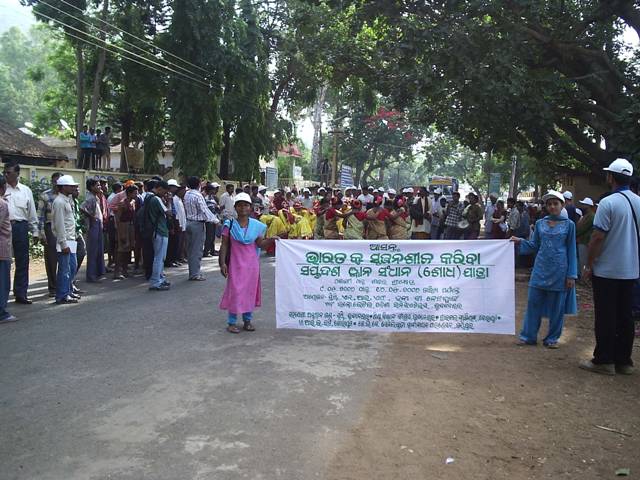
Beginning of 13th Shodh Yatra, Orissa
Two such Shodh Yatras helped me closely observe the significance of indigenous knowledge… of culture… of tradition, which people fill their lives with, in the remotest parts of the country. It was an opportunity to “slow-down” to a speed requisite enough to go through these diverse cultures and live at least a day practicing these traditions. So that one can gain a critical appreciation of the knowledge that we as a human society living in different geographies and diverse environments, have developed!
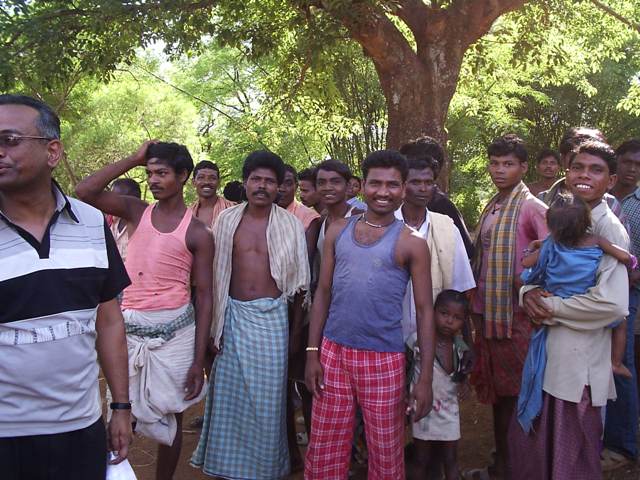
Villagers in Orissa
In my life of eighteen years of education, with a “masters” degree which now sounds incongruous, I have never had such an intense learning experience.
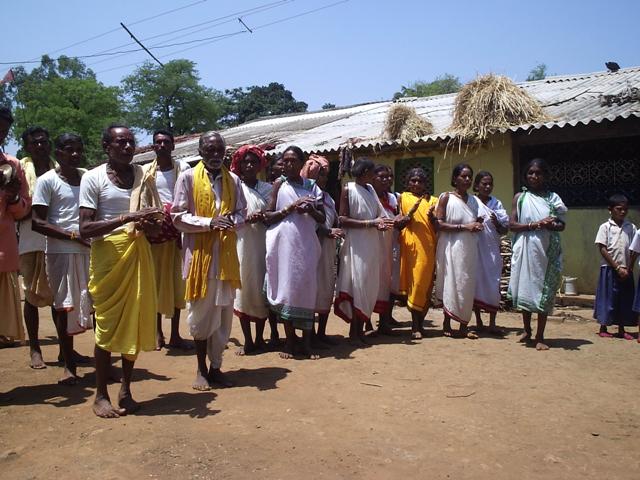
Villagers of Dandakaranya
Here is how SRISTI (Society for Research and Initiatives for Sustainable Technologies and Institutions ) defines the purpose of Shodh Yatra.
“Shodh Yatra is a journey for the search of knowledge, creativity and innovations at grassroots. Shodh Yatra is an attempt on the part of SRISTI to reach out to the remotest part of the country with a firm belief that hardship and challenges of natural surroundings are the prime motivators of creativity and innovations. Shodh Yatra aims at unearthing such traditional knowledge and grassroots innovations that have not only simplified the lives of men, women and farm labourers but have also significantly contributed towards the conservation of bio-diversity. Shodh Yatra is a journey of mutual exchange and sharing of knowledge. Whatever knowledge and practices that we have pooled in, over the years are shared with the villagers during the Shodh Yatra. We also share the Honey Bee database with the villagers. Shodh Yatra is also a journey to spread green consciousness and we do it by involving women and children to display their ecological knowledge through various competitions.”
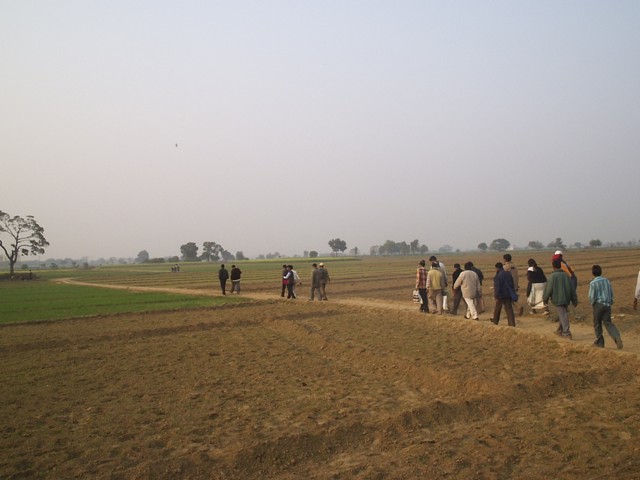
Yatra Progressing in Bulandshahr, Uttar Pradesh
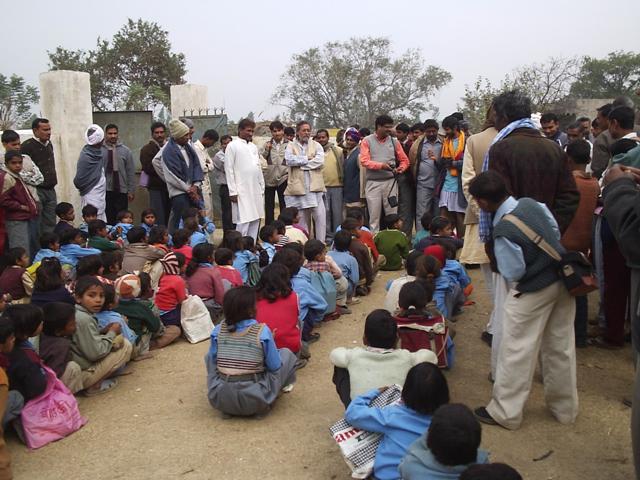
Interaction With School Children, Bulandshahr, Uttar Pradesh
During the 17th Shodh Yatra in Koraput district of Orissa, I made some observations about the way communities develop their own resources and address their problems, when pushed to the limits of deprivation. The following is a case study which demonstrates the community’s ability to take decisive action and develop its resources, in the absence of any institutional or governmental support.
"Bhagiratha's Pursuit" - A Village's Effort to Bring Water to their Doorstep
There is a Nature Within is a short conversation with Prof. Anil Gupta, during the 18th Shodh Yatra in Bulandshahr district of Uttar Pradesh. He talks about relation the environment and human beings, and about the dynamics between nature and man.
Note: The 24th Shodh Yatra is being organised from December 29, 2009 to January 3, 2010 in the Dhemaji district of Assam. The shodhyatra will start from Dhemaji and conclude in Lakhimpur. Further details here.